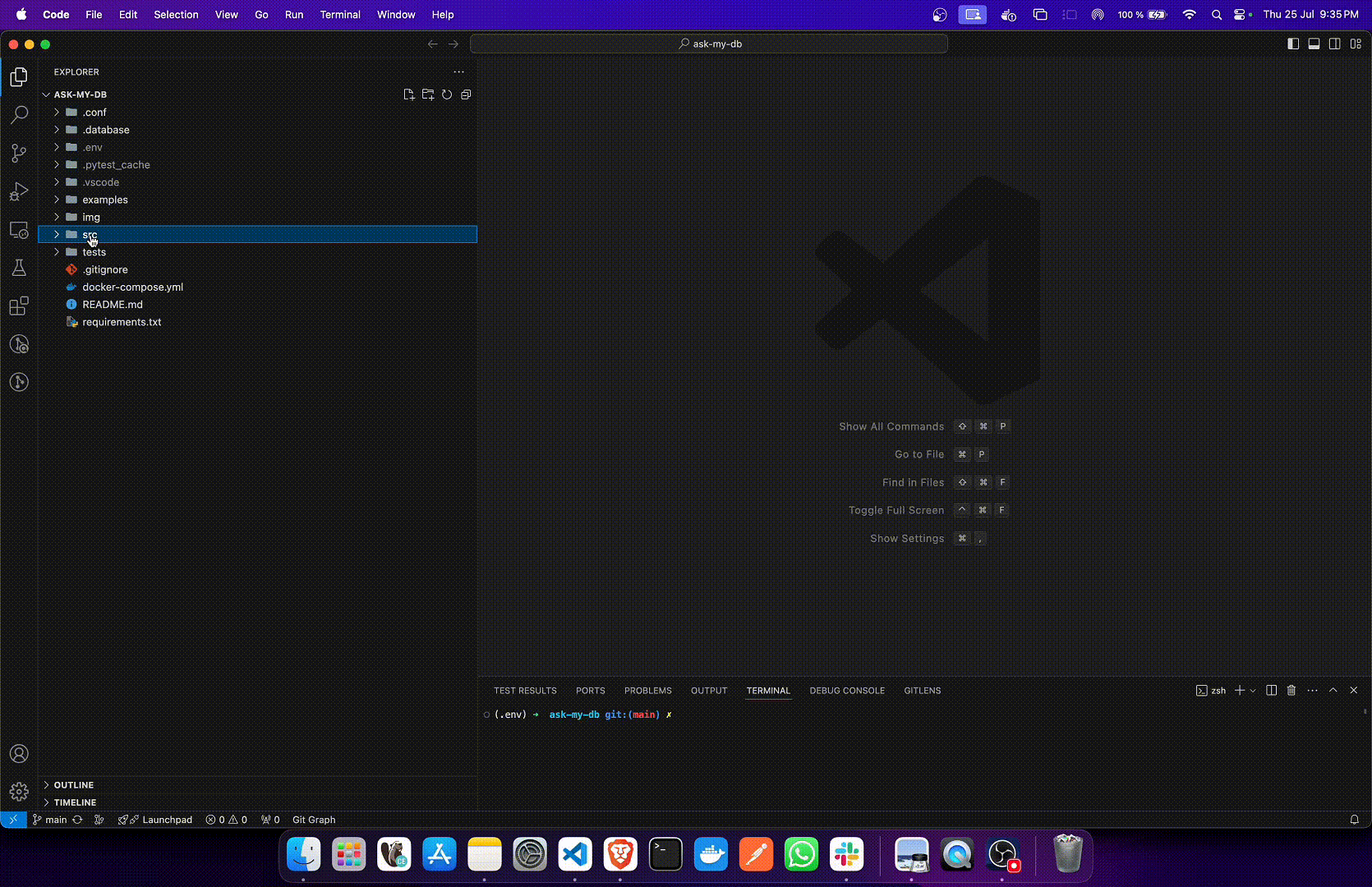Welcome to pstruc-ext, the ultimate tool for generating a structured JSON representation of your project's file and directory hierarchy in Visual Studio Code. This extension simplifies the management of complex project structures by creating an easily navigable JSON file.
- Generate JSON Structure: Quickly generate a JSON file (
structure.json) that represents the file and directory hierarchy of your project. - Customizable Ignore Patterns: Use your own ignore patterns to exclude specific files or directories from the JSON structure.
- Efficient Processing: Automatically replaces directories with their contained files and sorts items for optimal readability.
- Easy Integration: Seamlessly integrates with your existing workflow in Visual Studio Code.
- Open Your Project: Open the project you want to generate a structure for in Visual Studio Code.
- Select Files/Folders: Select the files and/or folders you want to include in the JSON structure.
- Run the Command: Open the command palette (
Ctrl+Shift+PorCmd+Shift+Pon Mac) and runGenerate Structure. - Copy the JSON File: Copy the content of
structure.json(.pdfor.yaml) file (placed in the root of your workspace). - Paste it in some LLM: Paste the
strcutre.jsoncontent together with the prompt indicated inthe next section. - Ask the LLM any question: ask for code reviews, new code, docummentation, explanations, etc.
You might change it for your personal interest, but here is a commonly useful prompt:
Role: You are a coding assistant specializing in multiple programming languages. Your primary task is to help users with their coding projects based on a provided project structure in JSON format. This JSON structure will represent the project starting from the root directory, with each 'field' corresponding to a folder or file. Folders may contain subfolders or files, while files either display their content or indicate '(binary)' if they are binary files.
Instructions:
- Always begin by requesting the project structure in JSON format from the user.
- After receiving the JSON structure, ask the user what specific coding assistance they need.
- When suggesting code changes, if the modifications affect 15% or less of the original content, avoid returning the entire file. Instead, provide only the relevant changes.
- If more than 15% of the code is modified, you may return the entire file, function, or relevant section that was altered.
- Ensure all code names and comments you provide are in English.
- Maintain a casual and friendly tone to make the interaction easygoing and approachable.
- Visual Studio Code version 1.50.0 or higher.
This extension contributes the following settings:
pstruc_extension.ignorePatterns: Array of glob patterns to ignore specific files or directories.pstruc_extension.hideBinaryContent: Boolean to hide binary file content by replacing it with "(binary)".pstruc_extension.outputFormat: Specifies the output format for the generated structure file. The available options are:json: Generates a JSON file (structure.json).pdf: Generates a PDF file (structure.pdf).yaml: Generates a YAML file (structure.yaml).
- Currently, large projects with many nested directories might take longer to process.
- Initial release of
pstruc-ext.
- Fixed minor bugs.
- Added "Hide binary file's content" option to replace binary file content with "(binary)" in the generated JSON structure. The option is enabled by default.
- Fixed minor bugs.
- Added support to generate the project structure in
pdfandyamlformats in addition tojson. - Code Refactoring
We hope you find pstruc-ext useful for managing your project structures. If you have any feedback or suggestions, please open an issue on our GitHub repository.
